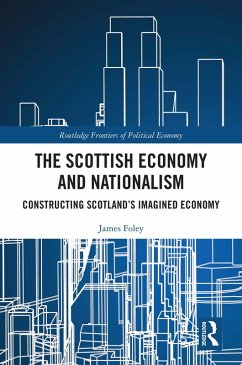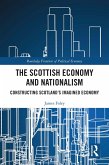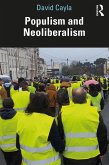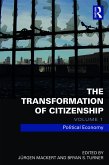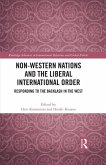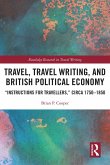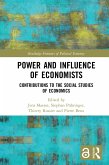Dieser Download kann aus rechtlichen Gründen nur mit Rechnungsadresse in A, B, BG, CY, CZ, D, DK, EW, E, FIN, F, GR, HR, H, IRL, I, LT, L, LR, M, NL, PL, P, R, S, SLO, SK ausgeliefert werden.
Jamie Allinson, Senior Lecturer in Politics, University of Edinburgh
'This comprehensive and timely contribution situates key contemporary debates surrounding Scotland's economy in its social, political, and historical context. Foley brings forward an analysis that helps illuminate what we have come to understand as the 'Scottish economy'. In doing so he explains the development of this 'economic imaginary' through the lens of policy, industry, social class, independence, and globalisation. This is an accessible work that will be essential reading for those interested in the key factors which have shaped the economic terrain of a contested political landscape'.
Tom Montgomery, Lecturer in Work and Organisations, University of Stirling
"The 'economy' has come to mean, in common understanding, something more than the social and economic arrangements which exist to organise the production and distribution of goods and services. Even for students of economics it is seen - or imagined - as an entity with its own technical imperatives which cannot be denied. Using the concept of the economic imaginary, Foley carefully traces the impact on real events within one place - Scotland - from the 1960's to the present time - of the various understandings of the economy. He provides an explanation of important political and economic events in Scotland and, in so doing, he offers an illuminating case study to support the thesis that economic outcomes are produced by the mediation and shaping of real material forces through and by the political and ideological understandings of those exposed to them."
Jeanette Findlay, Professor of Economics at the University of Glasgow

